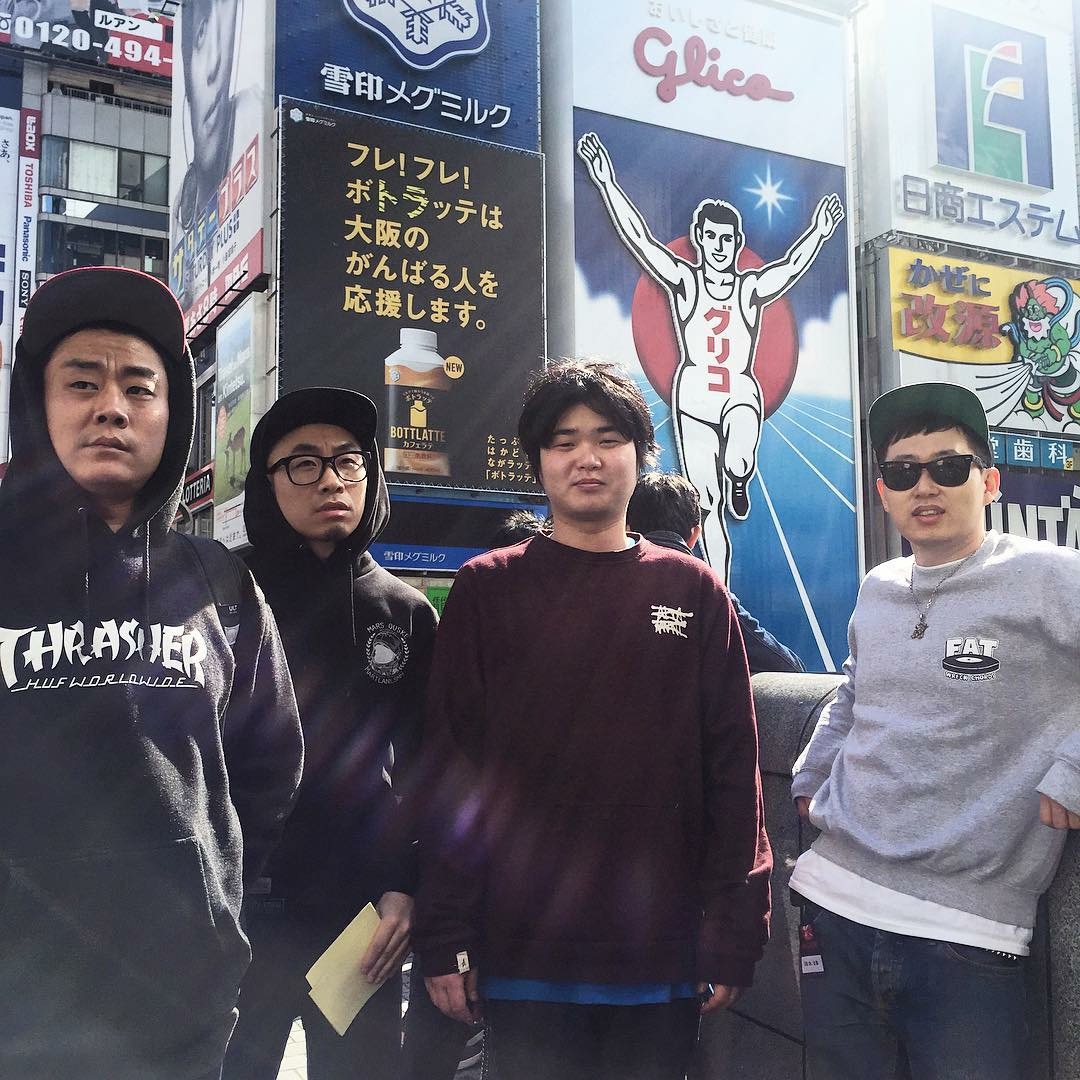National Pension
Q1. I’m an American working in Korea. As I’m presently paying into a US pension scheme, must I also pay into the Korean National Pension? As far as I know, I don’t have to pay pension contributions in Korea if I’m a dispatched worker from the USA or self-employed. Is this correct? If so, how can I prove my status as a dispatched or self-employed worker?
A social security agreement is concluded to benefit the nationals of contracting countries through the coordination of those countries’ different social security systems. It aims to reduce the financial burden on persons, such as detached employees or self-employed persons working abroad for the short term, who would otherwise have to pay social security payments to both countries. To date, Korea has concluded social security agreements with the following nations: the United States, Canada, England, Germany, China, the Netherland, Japan, Italy, Uzbekistan, Mongolia, Hungary, France, Australia, the Czech Republic, Ireland, Belgium, Poland, Slovak Republic, Bulgaria, Romania, Austria, Denmark, and India.
According to the social security agreement between Korea and the USA, the following individuals may be exempt from paying the Korean National Pension contribution:
Persons who are employed in the USA but who are dispatched to Korea for 5 years or less.
Persons who reside in the USA but who are engaged in self-employed activities in Korea.
Self-employed persons who reside in the USA but who are engaged in self-employed activities in Korea as well as in the USA.
The required document to prove that one is a dispatched or self-employed worker is the “Certificate of Coverage” issued by the United States Social Security Administration (SSA). The relevant staff member at your workplace in Korea should send this certificate, along with a copy of your alien registration card, to the National Pension Service International Center.
Q2: I am a Korean citizen, retired from an airline company, and have received old-age benefits from the NPS after paying the contribution for 11 years. While working in the Los Angeles office of the company from 2006-2008, I paid United States Social Security taxes. At 62, I would like to receive pension benefits, commensurate with my contributions, from the U.S., too. How can I do so?
A: Judging from your question, you are entitled to receive pension benefits from the U.S. even though you failed to satisfy the minimum contribution period of 10 years. This is possible thanks to the Korea-U.S. social security agreement which allows individuals to combine coverage periods from both countries in order to establish pension rights more easily.
As such, your 14 years of combined coverage in the two countries makes you eligible for old-age pension benefits from both countries. You may claim retirement pension benefits from the U.S. government for your contributions of three years, which would otherwise revert to the U.S. Treasury. The full retirement benefit is available from age 66, but the early retirement benefit is offered from 62 at a reduced rate.
Currently, Korea maintains an expansive social security agreement network for combined benefits with 16 countries: the United States, Canada, Germany, France, Australia, the Czech Republic, Hungary, Ireland, Belgium, Poland, the Slovak Republic, Bulgaria, Romania, Austria, Denmark and India.
Anyone who worked and paid pension contributions in these countries in the past needs only to call the International Center of the National Pension Service for the application to receive foreign benefits.
Q3.I am a migrant factory worker who originally came to Korea legally from the Philippines. After two years of legal work, I now continue to work illegally at another factory. Here is my concern: in the event that I am caught by the Korean authorities and deported, would this result in the Korean government confiscating my pension contributions that I made while I was working legally?
A. Even though you may be engaged in immigration violations on Korean soil and though you may have been caught by the Korean authorities, that should not disadvantage you in terms of your pension savings. Your pension contributions from any legal work experience will be safe and protected regardless of whether you worked illegally at some other time. In addition, the NPS is not bound by any other Korean government authority or to release your pension information to them in order to cover any legal costs, the cost of your deportation or if applicable, any costs incurred by incarceration.
The NPS Act clearly states under Article 58 concerning Protection of the Eligibility to Benefits. “The eligibility to receive benefits shall not be transferred, seized or secured.” The fact that you were engaged in illegal activities while working in Korea does not negate your right to claim your contributions.
If you use someone else’s name, however, and pay the contribution under that name, then you cannot receive a lump-sum refund for that period. Identity theft is a crime and the NPS does not allow anyone to join the pension service under a false identity.
No matter your particular circumstance, your right to your pension savings will remain intact. If you want a lump-sum refund, you can make an application by sending all necessary documents to the NPS.




